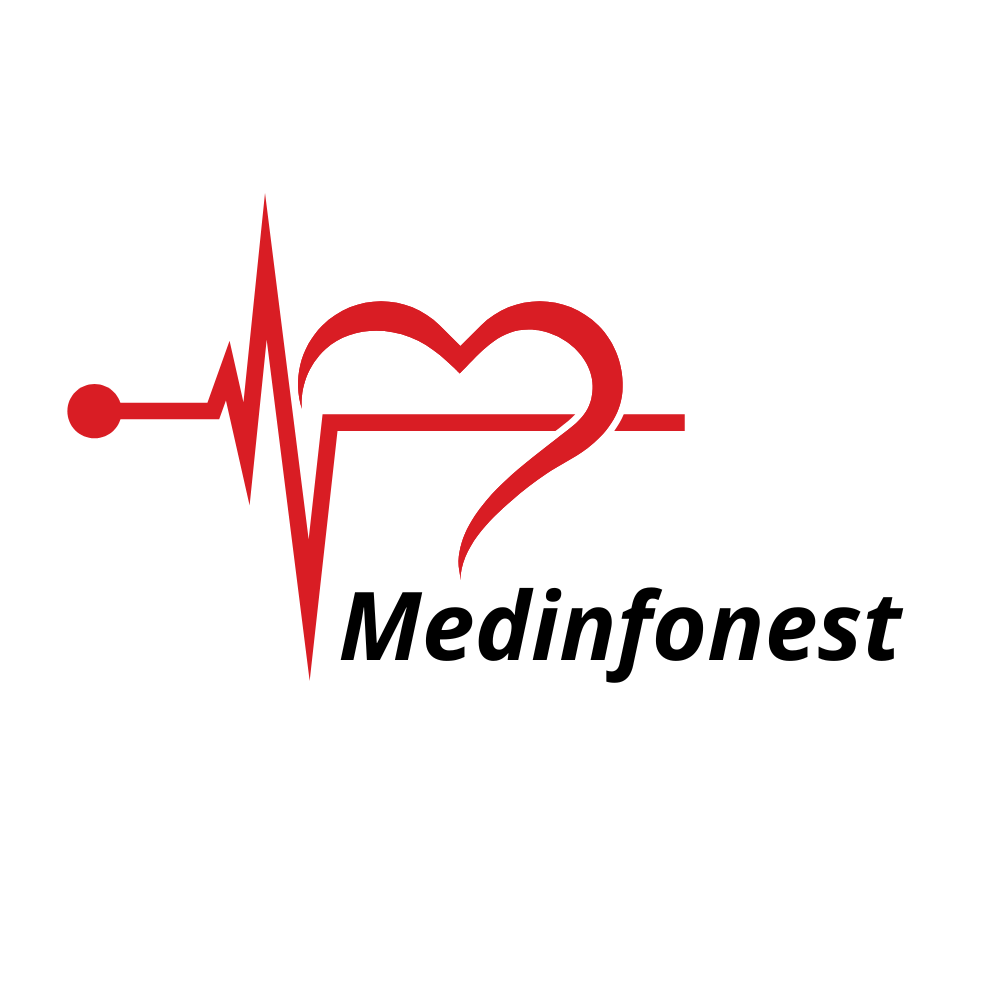But, with the right treatment and support, people with schizophrenia can manage their symptoms. They can live fulfilling lives.
Schizophrenia has “positive” and “negative” symptoms. “Positive” symptoms include hallucinations and delusions. “Negative” symptoms are social withdrawal and lack of motivation.
These symptoms make it hard for people to see reality clearly. They cause a lot of distress and make daily life tough. Early help and a full treatment plan are key. This includes medicine and therapy.
While schizophrenia and narcissistic behavior are distinct conditions, understanding the nuances of personality disorders can shed light on the complexities of mental health.
Key Takeaways
- Schizophrenia is a serious mental illness that changes how a person thinks, feels, and behaves.
- Symptoms include hallucinations, delusions, disorganized thoughts, and social withdrawal.
- Early treatment with medicine and therapy can help manage symptoms and improve life quality.
- Long-term support and a detailed care plan are vital for those with schizophrenia.
- With the right treatment and support, people with schizophrenia can live happy and meaningful lives.
What is Schizophrenia?
Schizophrenia is a complex mental illness. It changes how a person thinks, feels, and acts. It makes people see things that aren’t there and think strange thoughts. It also makes daily life hard.
Definition and Overview
Schizophrenia is a serious mental disorder. It changes how people see things, think, feel, and act. People with it might see things that aren’t there or hear voices. They might also act in strange ways and pull away from others.
Prevalence and Onset
About 1 in every 100 people has schizophrenia worldwide. It usually starts in late teens to early 30s. Men often first notice symptoms in their late teens. Women notice them in their late 20s.
It’s rare for kids to get schizophrenia.
“Schizophrenia is a complex mental illness that can have a profound impact on an individual’s life, affecting their perception of reality and making daily tasks a significant challenge.”
Symptoms of Schizophrenia
Schizophrenia is a complex mental health issue. It shows in many ways, often as “positive” and “negative” symptoms. Knowing these symptoms helps in spotting, diagnosing, and managing the disorder.
Chronic mental conditions like schizophrenia can often lead to psychosomatic symptoms, which can manifest as different types of pain.
Positive Symptoms
“Positive” symptoms add to what’s real. They include hallucinations, where one sees or hears things others don’t. There are also delusions, strong beliefs not based on reality. And, there’s a thought disorder, making speech and thinking hard to follow.
Negative Symptoms
“Negative” symptoms mean losing normal functions. This includes a lack of motivation and social withdrawal. These can really hurt someone’s life, making daily tasks and keeping up with friends hard.
| Positive Symptoms | Negative Symptoms |
|---|---|
| Hallucinations | Lack of Motivation |
| Delusions | Social Withdrawal |
| Thought Disorder | Difficulty Expressing Emotions |
Knowing the different symptoms is key for doctors to help people with schizophrenia.
Cognitive Impairment in Schizophrenia
Schizophrenia is a complex mental health issue. It changes how a person sees reality and harms their thinking skills. Cognitive impairment is a big part of schizophrenia. It hurts memory, attention, focus, and decision-making.
People with schizophrenia find it hard to remember things, stay on task, and make good choices. These problems make daily life tough. They struggle to work, go to school, or reach their goals.
Both schizophrenia and bipolar disorder involve severe mood and thought disturbances, making it crucial to differentiate between the two for appropriate treatment.
| Cognitive Domain | Impact in Schizophrenia |
|---|---|
| Memory | Difficulty recalling information, both short-term and long-term |
| Attention | Difficulty focusing and sustaining attention on tasks |
| Decision-making | Impaired judgment and ability to make rational choices |
| Processing Speed | Slower cognitive processing and response time |
It’s important to know how schizophrenia affects thinking skills. This helps make better treatments and support. By tackling these thinking problems, doctors can help people with schizophrenia. They can live better lives and reach their goals.
Risk Factors for Schizophrenia
Schizophrenia is a complex mental disorder. It affects how a person thinks, feels, and behaves. The exact cause is not fully known. But, it’s thought that both genes and environment play a part.
Genetic Factors
Having a family member with schizophrenia increases the risk. This shows genes are important. If someone close has it, the risk goes up a lot.
Studies say people with a first-degree relative have 10 times the risk. This includes parents or siblings.
Environmental Factors
Things like stress, trauma, or infections can raise the risk. Being poor, feeling lonely, and using drugs in youth can also increase it.
But, having these risk factors doesn’t mean you’ll get schizophrenia. It’s about genes, environment, and how you handle things. Some people might be more protected.
Diagnosis and Assessment
Diagnosing schizophrenia is a complex task. It needs a detailed psychiatric assessment by a mental health expert. There’s no single test to confirm it. The diagnosis comes from looking at symptoms, mental health history, and how well someone functions.
Similar to neurological disorders like ALS and MS, schizophrenia presents with symptoms that can be challenging to diagnose, requiring a careful evaluation.
The first step is talking with a psychiatrist. They look at the patient’s thoughts, feelings, and actions. They want to know about hallucinations, delusions, or disorganized thinking.
- The psychiatrist may also do a physical check to rule out other health issues.
- They might order tests or brain scans to help with the diagnosis.
- Remember, diagnosing schizophrenia is not done with just one check. It takes looking at symptoms over at least six months.
A detailed psychiatric assessment is key for a right schizophrenia diagnosis. It helps make a treatment plan that fits the person’s needs. With help from their healthcare team, people with schizophrenia can manage their condition better and live a better life.
Treatment Options for Schizophrenia
Just as with thalassemia, early detection and awareness of schizophrenia are vital for managing the condition effectively.
People with schizophrenia need a full treatment plan. This plan includes two main types of treatment: antipsychotic drugs and psychosocial treatments.
Antipsychotic Medications
Antipsychotic drugs are key in treating schizophrenia. They help reduce symptoms like hallucinations and delusions. These drugs come in pills, liquids, or shots.
It’s important to work closely with doctors to find the right drug and dose. Everyone reacts differently to these drugs.
Psychosocial Treatments
Psychosocial treatments are also vital. They include things like therapy and skills training. These help people cope better, improve daily skills, and take part in their recovery.
These treatments work with drugs to help manage schizophrenia fully.
| Treatment Option | Description | Potential Benefits |
|---|---|---|
| Antipsychotic Medications | Medications that help reduce the severity of schizophrenia symptoms, such as hallucinations and delusions. |
|
| Psychosocial Treatments | Therapies that focus on developing coping strategies, improving social and daily living skills, and engaging in the recovery process. |
|
Combining antipsychotic drugs and psychosocial treatments helps people with schizophrenia manage their condition better. This leads to a better quality of life.
Maintaining a balanced diet, including essential vitamins, can support overall health, which is crucial for those living with schizophrenia to manage physical well-being.
Coordinated Specialty Care
Coordinated specialty care (CSC) programs help people with their first episode of psychosis. They use a team of doctors, therapists, and case managers. This team works together to make a treatment plan just for the person.
The main goal is to help people early and support them to get better. This way, they can stop the condition from getting worse. By starting treatment early, people can take back control of their lives.
The coordinated specialty care approach includes many treatments and services. These are:
- Medication management and monitoring by a psychiatrist
- Individual and group psychotherapy to address symptoms and improve coping skills
- Family education and support to involve loved ones in the recovery process
- Case management to coordinate various aspects of care and connect individuals with community resources
- Supported employment and education assistance to facilitate social and occupational reintegration
This approach helps people with schizophrenia manage their symptoms better. It also helps them function better and reach their goals. Studies show it makes people feel better, reduces hospital stays, and improves their life quality.
| Key Benefits of Coordinated Specialty Care | Outcomes |
|---|---|
| Early intervention and personalized treatment | Reduced symptoms, improved functioning, and enhanced quality of life |
| Collaborative, multidisciplinary approach | Increased medication adherence and reduced hospitalization rates |
| Emphasis on social and occupational reintegration | Improved social and vocational outcomes |
Assertive Community Treatment
For people with schizophrenia, finding the right treatment can change their life. Assertive Community Treatment (ACT) is a great option. It gives full support in the community to those who often go to the hospital or become homeless.
ACT has a team of experts like case managers, therapists, and nurses. They work with the person in their own community. This way, they can help with many things, like taking medicine, getting through tough times, and living daily life.
Keeping patients connected to their care is a big part of ACT. The team meets the person where they are. This builds trust and gives the care they really need for schizophrenia.
Research shows ACT makes a big difference. It cuts down on hospital visits, helps people stay in their homes, and makes life better. This new way of treating schizophrenia shows how important community support is.
| Key Features of Assertive Community Treatment (ACT) | Benefits of ACT |
|---|---|
|
|
“ACT represents a profound shift in how we approach schizophrenia treatment, moving away from the traditional clinic-based model and towards a more personalized, community-driven approach that truly supports individuals in their recovery.”
Dual Diagnosis: Substance Abuse and Schizophrenia
People with schizophrenia often face a higher chance of using substances too much. This is called a “dual diagnosis.” It’s important to treat both the schizophrenia and the addiction. This makes recovery harder.
Up to 50% of people with schizophrenia also have an addiction. This could be to alcohol or drugs. Many factors lead to this, like:
- Self-medication: Some use drugs or alcohol to help with schizophrenia symptoms.
- Increased vulnerability: Some genes and brain factors that cause schizophrenia also make people more likely to use substances.
- Environmental influences: Stress and feeling alone can push someone with schizophrenia to use substances.
It’s key to treat both the schizophrenia and the substance use disorder at the same time. This helps because they can make each other worse. Using therapies that work for both mental health and addiction helps the most. This way, people with both conditions can get better and live better lives.
“Addressing the complex needs of individuals with a dual diagnosis requires a comprehensive, coordinated approach that addresses both the mental health and substance abuse issues simultaneously.”
Healthcare workers know that schizophrenia and substance abuse often go together. So, they make sure people with both get the right care. This helps them manage their conditions and start recovering.
Schizophrenia and Violence
Many people think that those with schizophrenia are often violent. But, most are not violent. The risk of violence goes up if the illness is not treated or if it comes with substance abuse. It’s key to get help early to manage symptoms and lower the chance of violence.
Studies say that most people with schizophrenia don’t act violently. But, the media often shows people with mental illness as dangerous. This can make people think wrongly about schizophrenia.
But, not treating schizophrenia or mixing it with substance abuse raises the risk of violence. Symptoms like delusions and hallucinations can make someone act out, especially without help.
| Risk Factor | Increased Risk of Violence |
|---|---|
| Untreated schizophrenia | Higher |
| Co-occurring substance abuse | Higher |
| Appropriate treatment and support | Lower |
Getting early and full treatment for schizophrenia helps lower the chance of violence. This helps the person and keeps the community safe.
Conclusion
Schizophrenia is a complex mental health issue. It can deeply affect a person’s life. But, there is hope. With more understanding, support, and effective treatments, many can manage their symptoms and live fulfilling lives.
Understanding human behavior, whether through the lens of the laws of seduction or the complexities of schizophrenia, can provide insight into how people think and act.
We can help by recognizing schizophrenia’s symptoms. These include hallucinations and delusions, as well as social withdrawal. Knowing the risk factors helps us find early help and care.
As we learn more about schizophrenia, the way to recovery and better mental health becomes clearer. We can make a society that supports compassion, inclusion, and good mental health care. This way, people with schizophrenia can do well and make a difference in their communities.
FAQ
What is schizophrenia?
Schizophrenia is a serious mental health issue. It changes how people think, feel, and act. People with it might see or hear things that aren’t there. They may also have strange thoughts and behaviors.
They need ongoing care, including medicine and therapy. This helps them manage their daily life.
How common is schizophrenia?
About 1 in 100 people get schizophrenia. It usually starts in late teens to early 30s. Men often get it first, and women a bit later.
It’s rare in kids.
What are the symptoms of schizophrenia?
People with schizophrenia might see or hear things that others don’t. They may believe things that aren’t true. Their speech and thoughts can be mixed up.
They might also feel less motivated or withdraw from others. It’s hard for them to show their feelings.
How does schizophrenia affect cognition?
Schizophrenia makes thinking, memory, and decision-making hard. It affects how people do everyday tasks. They might struggle to work or go to school.
What causes schizophrenia?
We don’t know exactly why schizophrenia happens. But genes and environment might play a part. If someone in your family has it, you’re more likely to get it.
Stress or infections early in life might also increase the risk.
How is schizophrenia diagnosed?
Doctors use a detailed check-up to spot schizophrenia. They look at symptoms, mental health history, and how well someone functions socially. There’s no single test for it.
What are the treatment options for schizophrenia?
Doctors often prescribe medicines to help manage schizophrenia. These can lessen symptoms like hallucinations. Therapy and support are also key to recovery.
What is coordinated specialty care (CSC)?
CSC programs help people with their first psychosis episode. A team of doctors, therapists, and case managers work together. They create a treatment plan and support recovery.
What is assertive community treatment (ACT)?
ACT is a special kind of care for people with schizophrenia. It’s for those at risk of being homeless or needing many hospital stays. A team helps them in their community with things like medicine and daily help.
How does schizophrenia and substance abuse (dual diagnosis) affect treatment?
Having schizophrenia and also using substances is called a dual diagnosis. It makes treatment harder. Both conditions need attention to help recovery.
Is there a link between schizophrenia and violence?
Most people with schizophrenia are not violent. But not treating it can raise the risk. Getting help early can reduce the chance of violence.












